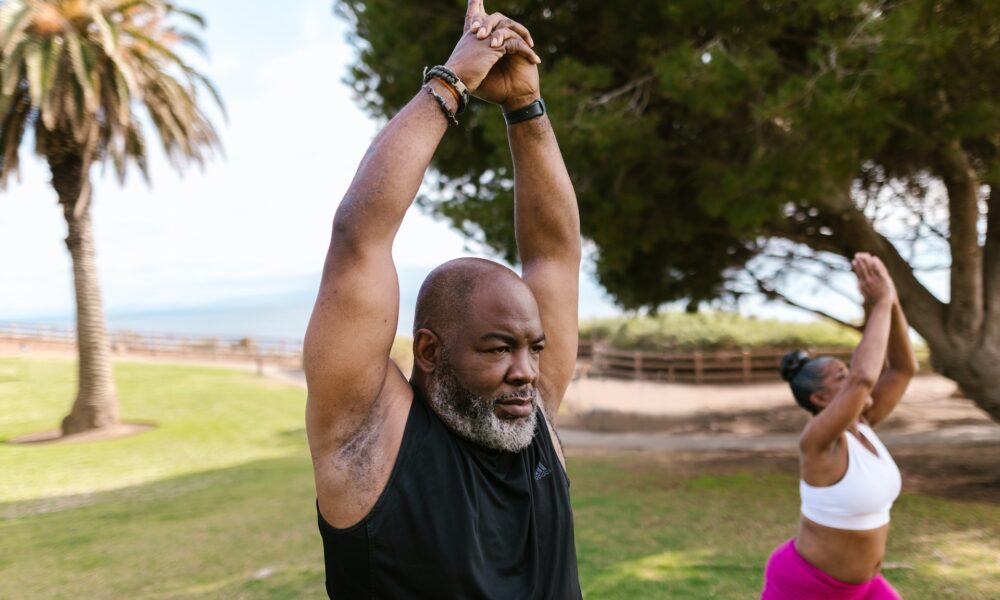A Little Background
In May of 2008, the US House of Representatives announced July as Bebe Moore Campbell National Minority Mental Health Awareness Month. Campbell was an author who pivoted her efforts to advocating for the mental health of minorities and eliminating the stigma associated with mental health in communities of color. In 2005, Campbell, and fellow colleague and friend, Linda Wharton- Boyd worked relentlessly to have a month dedicated to the awareness of mental health in minorities. Despite the passing of such an iconic advocate in 2006, Boyd continued with their vision, and in May of 2008, they achieved their goal!
How Did We Get Here?
In minority communities, discussions about mental health concerns were taboo and considered offensive to discuss. Ironically, they are twenty percent more likely to have mental health issues. Due to the severe lack of mental health awareness, people of color have gone untreated and, even worse, unaware that they may be suffering. Now, we can dismantle all the stigmas, stereotypes, and prejudices that allow mental health to go unchecked.
The most common external factors that affect mental health are stigmas or prejudices about minority populations that affect how providers treat their patients, poverty, food insecurity, lack of insurance such as Medicaid or Medicare, language barriers, and lack of mental health education. For minorities struggling with mental health issues, finding resources to get help can often be taxing and, when left untreated, can lead to more severe mental health and physical issues.
The combination of external factors and internal factors within the minority community has made it challenging to identify mental health concerns in themselves and others. Through open dialogue, we can bring awareness to the hardships they face and provide comprehensive solutions.
Age and Stage Matter
During my time as a Friendly Voyce Volunteer, I got the opportunity to visit with elderly residents who chose to participate in the program. Although I am not a medical professional, I do recognize that social isolation from their communities and families can have a devastating effect on mental health.
One unforgettable moment as a volunteer occurred when I asked one resident if there was any music she wanted to listen to, and she kindly said, “I can’t really remember those things anymore”. I did some quick math and decided to play Ray Charles, and to my amazement, she sang along! I was so thrilled to watch this woman sing along to the music of her former years when, just moments before, she told me that she “just can’t remember.” It has become apparent to me that it is our responsibility to tend to the mental well-being of our elderly community and their special needs.
“There is no shame in seeking help for your mental health, and there is power in taking care of yourself.”
-Michelle Obama
By Habibah A. Mays, former VOYCE Volunteer
About Habibah
Habibah Mays served as a Friendly VOYCE volunteer in 2022. After moving out of state, Habibah continued her dedication to combatting loneliness in long-term care residents. She founded Linking Loved Ones, her personal effort to combat isolation and loneliness in our elderly communities with the use of a technology-based intervention for social interaction.

